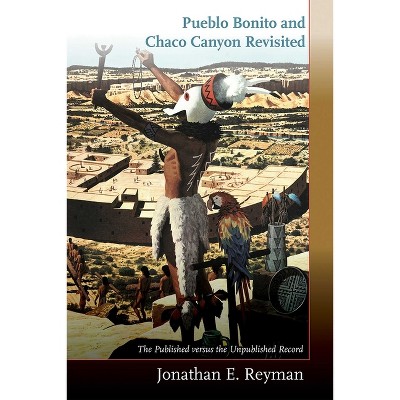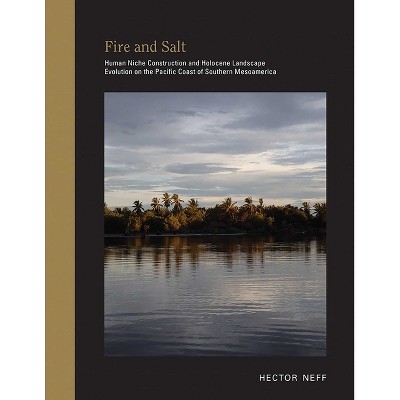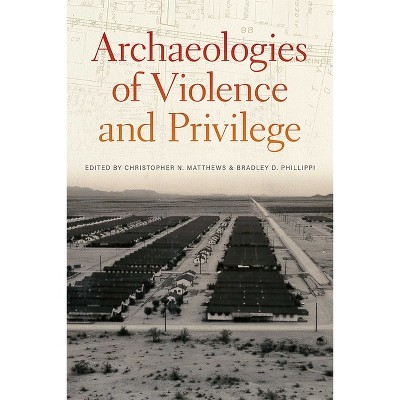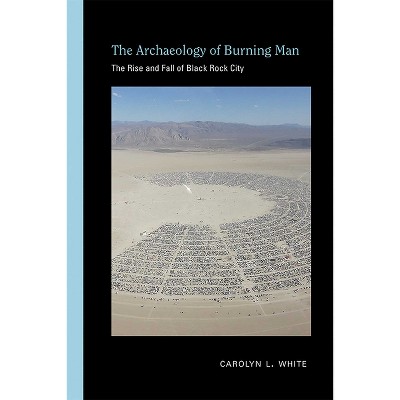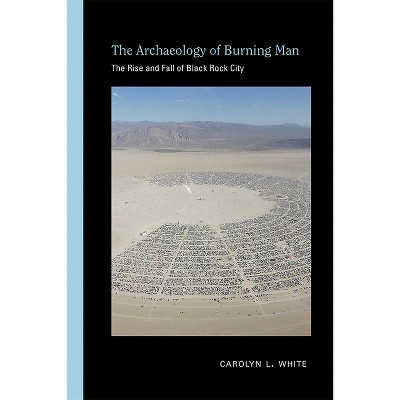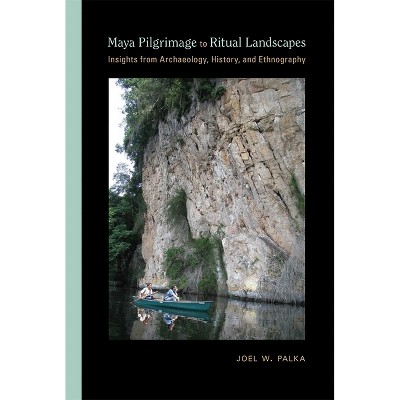Archaeologies of the Pueblo Revolt - by Robert W Preucel (Paperback)

$45.00 when purchased online
Target Online store #3991
About this item
Highlights
- Archaeologists, anthropologists, historians, and Native American scholars offer new views of the Pueblo Revolt of 1680 that emphasize the transformative roles of material culture in mediating Pueblo Indian strategies of resistance and Colonial Spanish structures of domination.
- Author(s): Robert W Preucel
- 238 Pages
- History, Native American
Description
About the Book
Archaeologists, anthropologists, historians, and Native American scholars offer new views of the Pueblo Revolt of 1680 that emphasize the transformative roles of material culture in mediating Pueblo Indian strategies of resistance and Colonial Spanish structures of domination.Book Synopsis
Archaeologists, anthropologists, historians, and Native American scholars offer new views of the Pueblo Revolt of 1680 that emphasize the transformative roles of material culture in mediating Pueblo Indian strategies of resistance and Colonial Spanish structures of domination.Review Quotes
"Only recently have archaeologists begun to explore revolt sites, and new information is becoming available every year. Well written and richly illustrated, "Archaeologies of the Pueblo Revolt" is an important addition to an important story."
Dimensions (Overall): 11.0 Inches (H) x 8.63 Inches (W) x .7 Inches (D)
Weight: 1.55 Pounds
Suggested Age: 22 Years and Up
Number of Pages: 238
Genre: History
Sub-Genre: Native American
Publisher: Unm Press
Format: Paperback
Author: Robert W Preucel
Language: English
Street Date: March 16, 2007
TCIN: 1003614052
UPC: 9780826342461
Item Number (DPCI): 247-11-3854
Origin: Made in the USA or Imported
If the item details above aren’t accurate or complete, we want to know about it.
Shipping details
Estimated ship dimensions: 0.7 inches length x 8.63 inches width x 11 inches height
Estimated ship weight: 1.55 pounds
We regret that this item cannot be shipped to PO Boxes.
This item cannot be shipped to the following locations: American Samoa (see also separate entry under AS), Guam (see also separate entry under GU), Northern Mariana Islands, Puerto Rico (see also separate entry under PR), United States Minor Outlying Islands, Virgin Islands, U.S., APO/FPO
Return details
This item can be returned to any Target store or Target.com.
This item must be returned within 90 days of the date it was purchased in store, shipped, delivered by a Shipt shopper, or made ready for pickup.
See the return policy for complete information.






